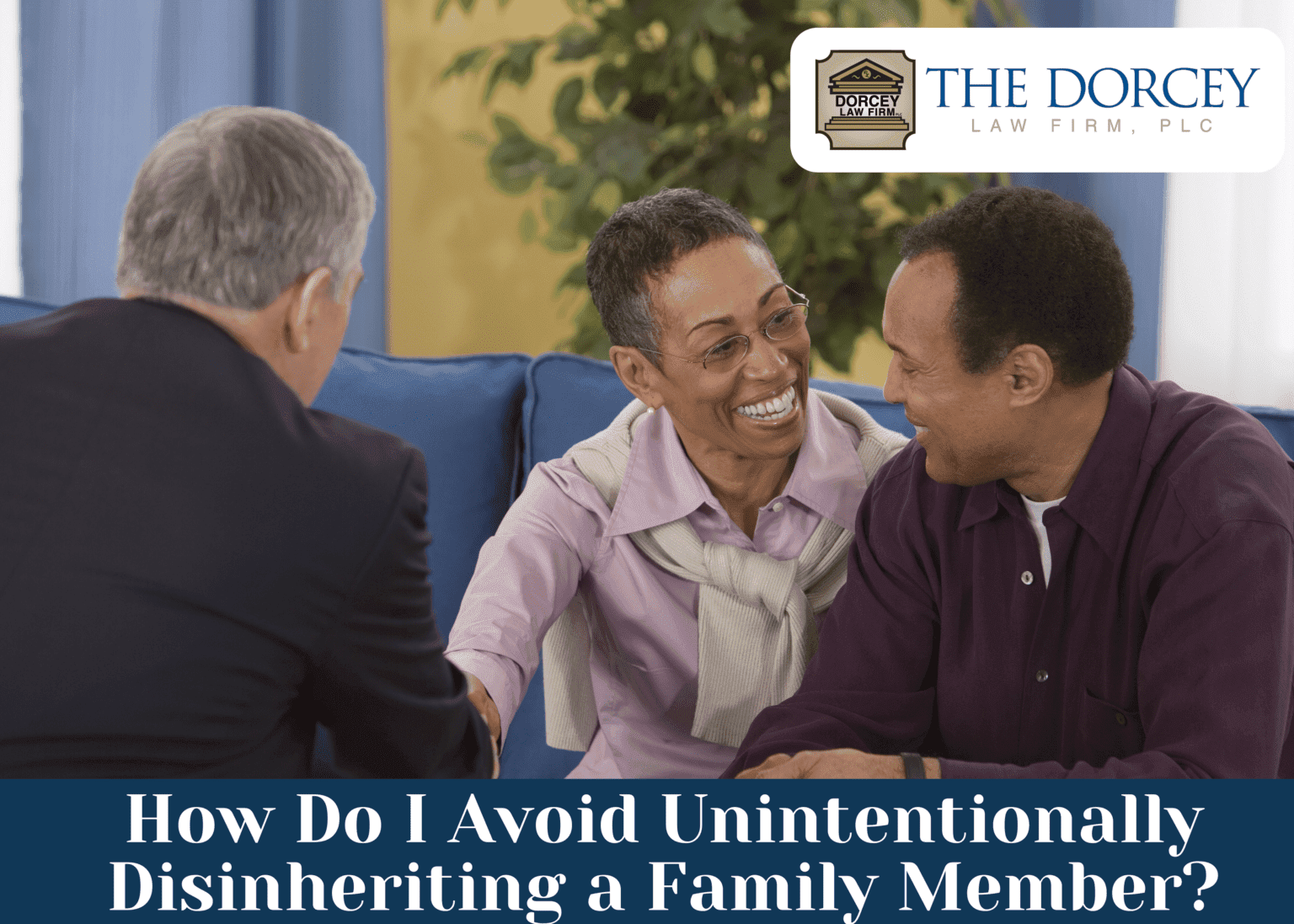
How Do I Avoid Unintentionally Disinheriting a Family Member? When an account owner dies, their assets go directly to beneficiaries named on the account. This bypasses and overrides the will or trust. Therefore, you should use care in coordinating your overall estate plan. You don’t want the wrong person ending up with the financial benefits.
The News-Enterprise recent article, “Don’t accidentally leave your estate to the wrong person,” tells the story of the widower who remarried after the death of his first wife. Because he didn’t change his IRA beneficiary form, at his death, his second wife was left out. She received no money from the IRA, and the retirement money went to his first wife, the named beneficiary.
Many types of accounts have beneficiary forms, like U.S. savings bonds, bank accounts, certificates of deposit that can be made payable on death, investment accounts that are set-up as transfer on death, life insurance, annuities and retirement accounts.
Remember that beneficiary designations don’t carry over, when you roll your 401(k) to a new plan or IRA.
You can name as your beneficiaries individuals, trusts, charities, organizations, your estate, or no one at all. You can name groups, like “all my living grandchildren who survive me.” However, be certain that the beneficiary form lets you to pass assets “per stirpes,” meaning, equally among the branches of your family. For example, say you’re leaving your life insurance to your four children. One predeceases you. Without the “per stirpes” clause, the remaining three remaining children would divide the death proceeds. With the “per stirpes” clause, the deceased child’s share would pass to the late child’s children (your grandchildren).
Don’t leave assets to minors outright, because it creates the process of having a court appointed guardian care for the assets, until the age of 18 in most states. Instead, you might create trusts for the minor heirs, have the trust as the beneficiary of the assets, and then have the trust pay the money to heirs over time, after they have reached legal age or another milestone.
You should also not name disabled individuals as beneficiaries, because it can cause them to lose their government benefits. Instead, ask your attorney about creating a special needs or supplemental needs trust. This preserves their ability to continue to receive the government benefits.
It is our goal to provide our clients with the highest level of legal services in the areas of Last Will and Testaments, Living Trust, Irrevocable Trusts, Estate Planning, Asset Protection, and complete Business Planning. If you or someone you know needs information on Florida estate planning, please contact us today at (239) 309-2870 to schedule your free consultation.
Reference: The News-Enterprise (November 30, 2019) “Don’t accidentally leave your estate to the wrong person”
